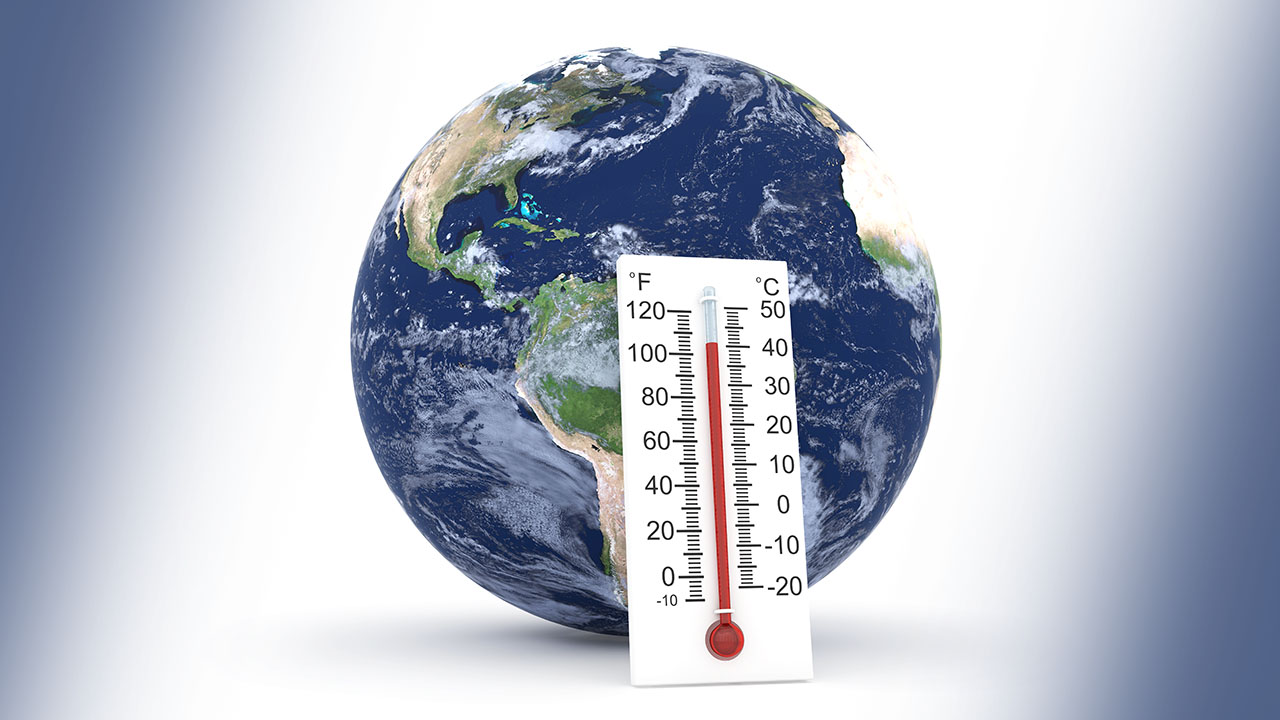2023 was the hottest year on record. What will 2024 bring?
 CREDIT: ALXPIN
CREDIT: ALXPINLast year shattered climate records with unprecedented heat waves and severe weather, including floods and wildfires.
Last year shattered climate records with unprecedented heat waves and severe weather, including floods and wildfires. According to the World Meteorological Organization (WMO), 2023 was the hottest year on record.
“We never thought it would be as extreme as it was,” said Western University geography professor and researcher Gordon McBean.
McBean said there are some projections that 2024 could be even more severe and warm. The effect of El Niño, an alteration of the ocean-atmosphere system in the tropical Pacific, has also contributed to the extreme heat and drastic weather around the planet.
“It amplifies the warming happening already through the emissions into the atmosphere,” McBean said. “Carbon emissions trap solar energy in the atmosphere, global temperatures rise.”
McBean said that the growing season for food crops has shifted, weather patterns and water sources are changing, and coastal towns are endangered due to rising sea levels.
He said the consequences of climate change have slowly gotten out of control since the Industrial Revolution as it “significantly and dangerously increased” the amount of carbon dioxide (CO2) being put into the atmosphere by human activities.
“That the amount of CO2 in the atmosphere is still going up despite international agreements to reduce the emissions,” McBean said. “Humans need to develop, but that development comes at a price, especially with the overpopulation some countries are getting.”
McBean said that some positive things can happen in certain areas. Where winters are milder and shorter, a warming climate may lead to extending the growing season and prospects for agriculture. This might lead to higher output and enable the use of novel, possibly more lucrative crops. He added that restaurants can take advantage of the warmer weather and use their patios and lounges.
“But the negative side is much larger and more impactful than the benefits,” McBean said.
According to McBean, there is a negative effect on human health overall.
“It changes how we are presently structured and do things we have grown accustomed to,” McBean said. “That includes our natural species like trees, birds, and other wild animals. They have grown accustomed to the climate that they are in now. As that changes, they are put under more work stress impacts and possibly extinction.”
McBean said the global average warming rate has been 1.5 degrees Celsius, but last year was the exception.
“Most of Canada warmed up twice as fast as that. The Canadian Arctic warmed about three to four times as fast as that, so the higher latitude regions over land warmed much faster than the low latitude areas,” McBean said.
McBean added that as the weather gets warmer and hotter, forests are more susceptible to ignition events like lightning.
“There may be more lightning because there will be more aggressive storms and severe forecasts,” McBean said.
McBean said that rather than just protesting against the failures of the older generation, everyone’s goal should be to sufficiently explain the story to the coming generation and increase their awareness of their power and impact.
“That is for the future generations to take control of their future within this decade,” McBean said. “We need to focus on the fact that the climate overall is changing in a continual sense.”

















